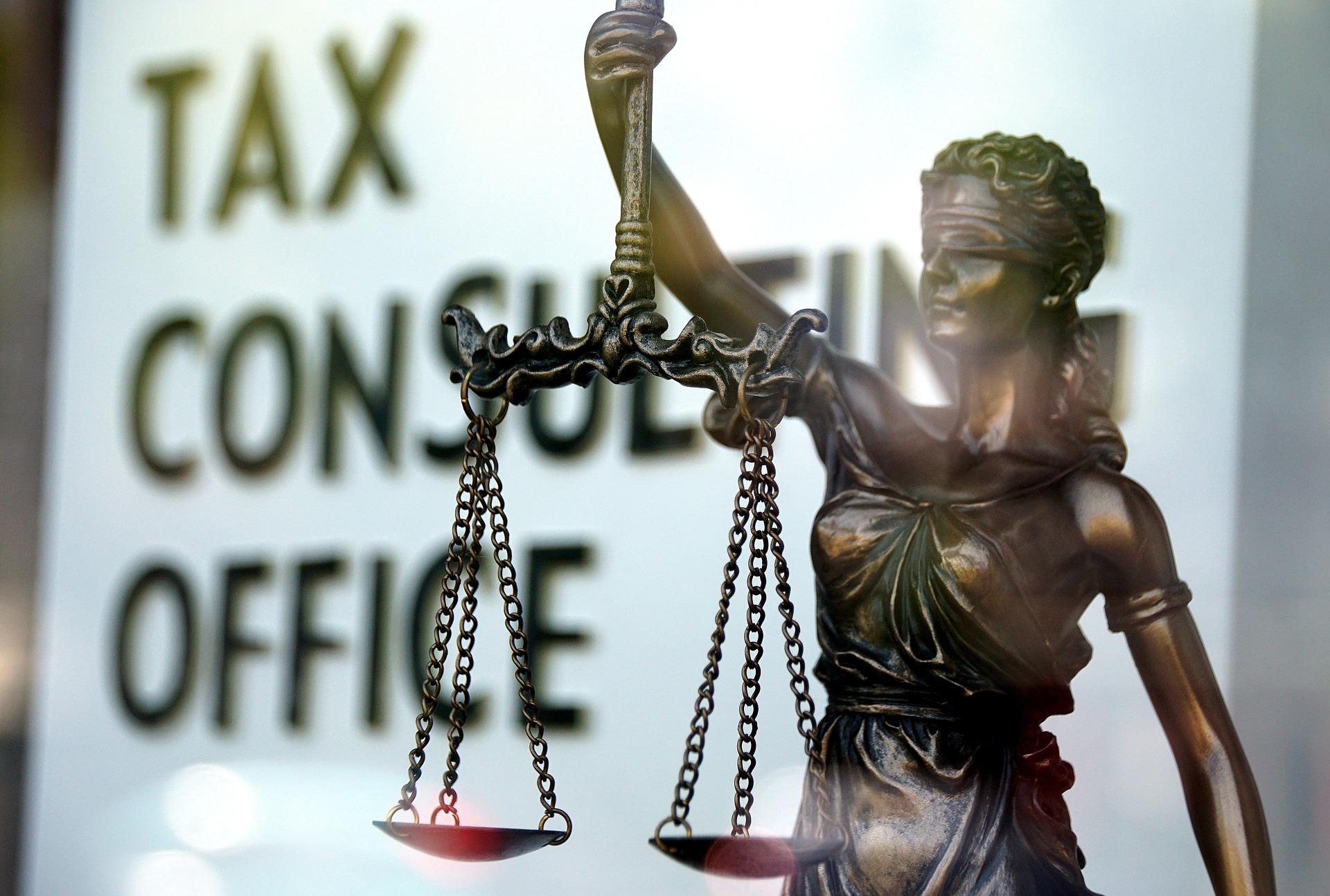The Landscape of Whistleblower Laws
Introduction: Whistleblowers have been instrumental in exposing corporate fraud, health and safety violations, and government corruption. Let's dive into the intricate landscape of whistleblower laws—understanding their historical evolution, present complexities, and future implications.

The Genesis of Whistleblower Laws
Whistleblower laws have a rich history, rooted in the earliest days of the American Republic. The False Claims Act, enacted during the Civil War in 1863, is often cited as the first significant federal whistleblower law. It was designed to deter contractors from defrauding the government during wartime. It allowed whistleblowers, known as ‘relators,’ to file lawsuits on behalf of the government and to share in the recovery.
Modern Whistleblower Statutes
Whistleblower protections have since evolved and expanded. The Whistleblower Protection Act of 1989, for example, safeguards federal employees from retaliation for disclosing wrongdoing. Such laws have been further bolstered by the Sarbanes-Oxley Act (2002) and the Dodd-Frank Act (2010), which include provisions to protect whistleblowers in the corporate sector.
Contemporary Challenges in Whistleblower Law
Despite the existence of these laws, whistleblowers often face significant challenges. Fear of reprisal, the complexity of legal processes, and the potential for drawn-out litigation can deter potential whistleblowers. Furthermore, the legal definition of a whistleblower and what constitutes protected activity can vary, creating ambiguity and uncertainty.
The Impact of Whistleblower Laws on Society
Whistleblower laws serve a significant role in fostering transparency, accountability, and good governance. They allow individuals to expose wrongdoings that might otherwise remain concealed, acting as a check on power and corruption. However, the balance between encouraging disclosure and protecting whistleblowers from retaliation remains a delicate issue.
Future Directions for Whistleblower Laws
Looking ahead, whistleblower laws are likely to be shaped by evolving societal norms and technological advancements. The rise of digital platforms and globalization presents new challenges and opportunities for whistleblower protections. Ensuring that the legal framework can adapt to these changes will be crucial to preserving the effectiveness of whistleblower laws.
In conclusion, whistleblower laws play a pivotal role in safeguarding the public interest. Understanding their evolution, current challenges, and future directions is essential for anyone interested in the law and government.




